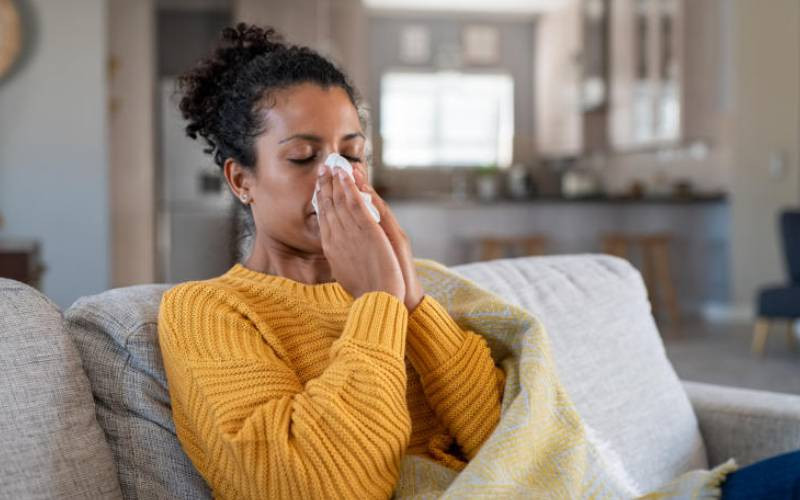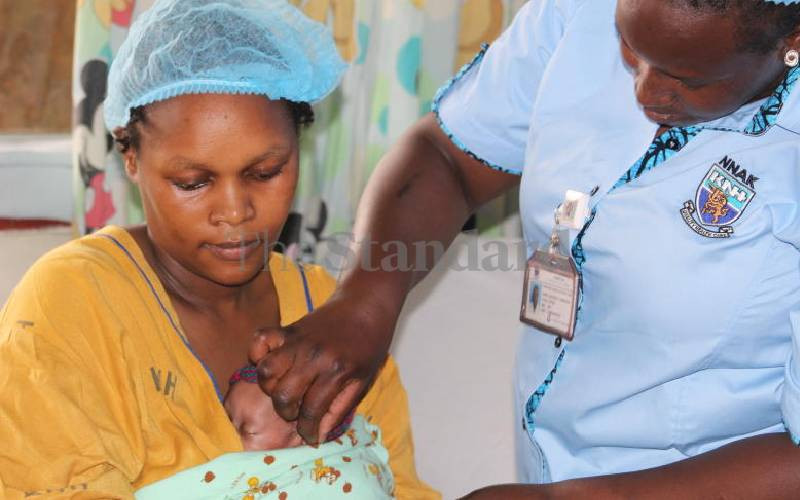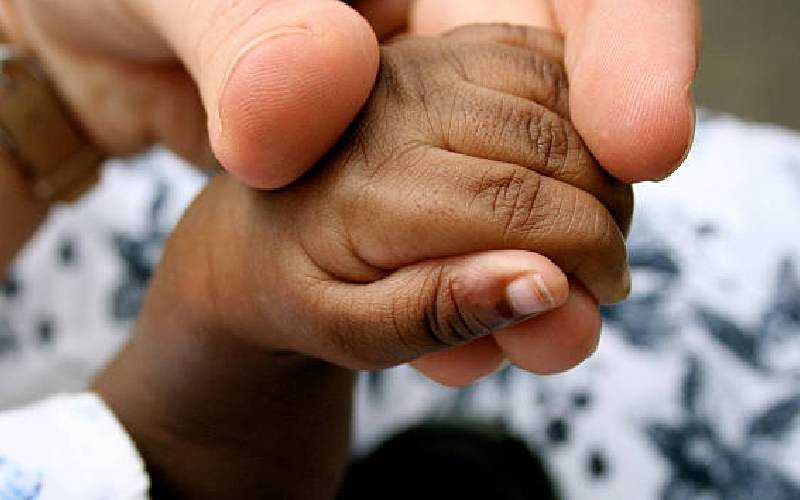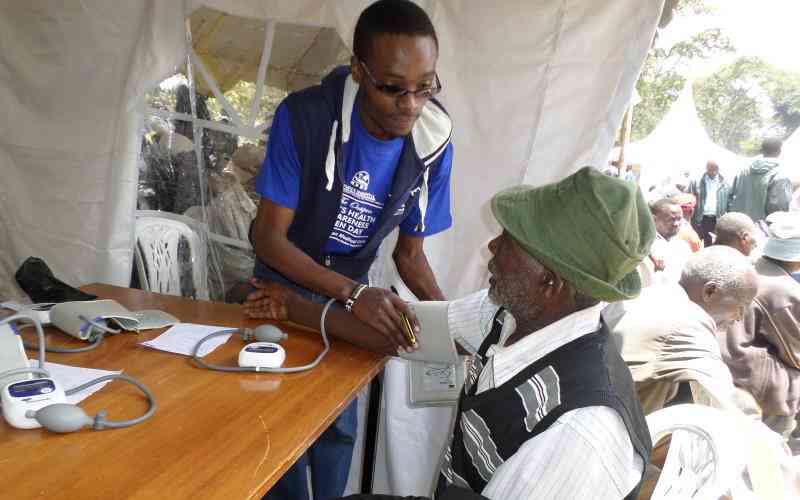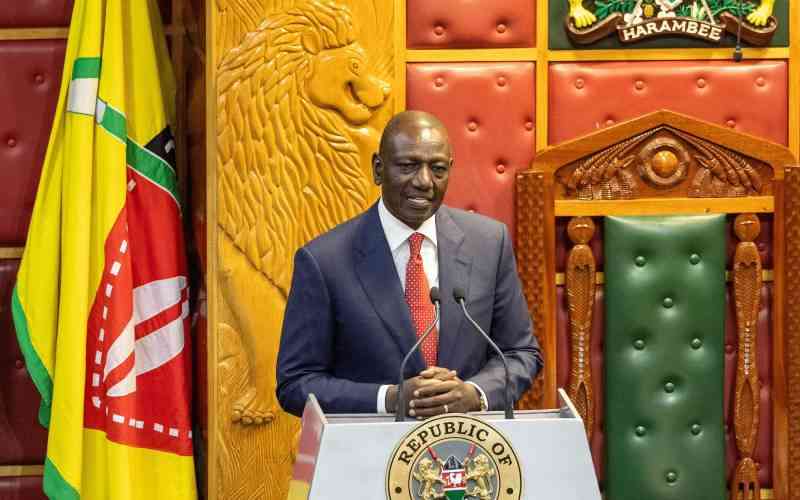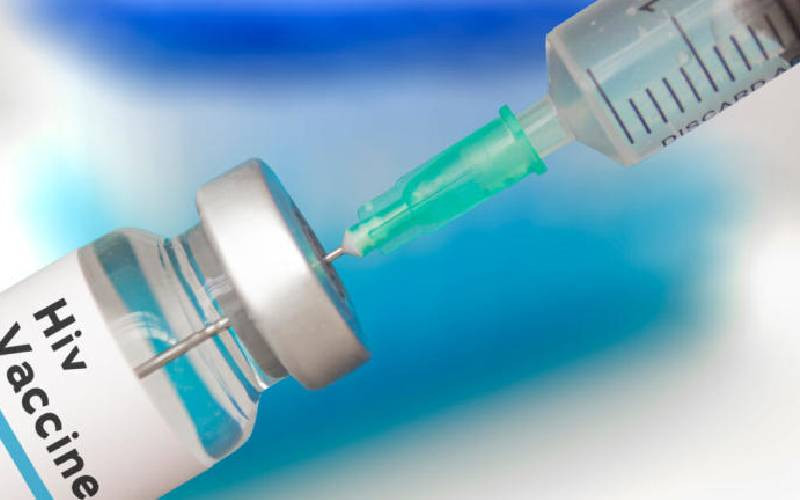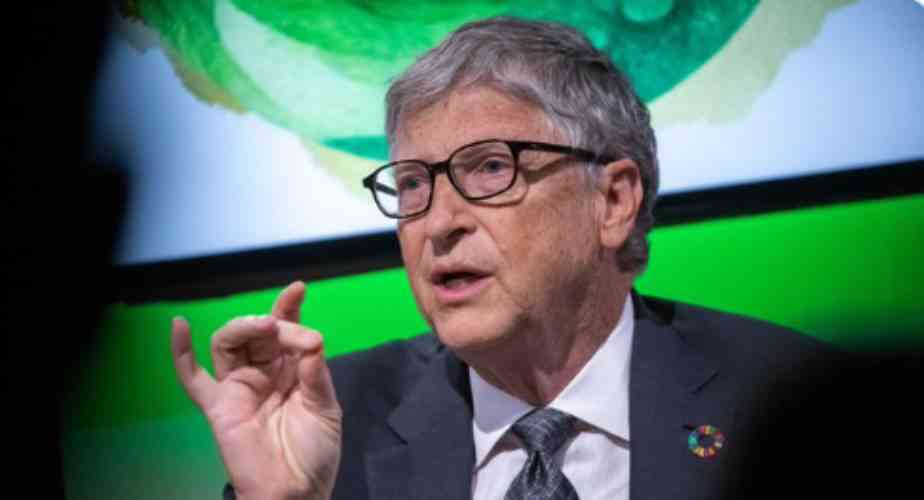
Bill Gates, co-chair of the Bill and Melinda Gates Foundation, has pledged $7 billion (Sh854 billion) to confront hunger, disease, gender inequality and poverty in African.
Speaking at the University of Nairobi during his first trip to the continent since the Covid-19 pandemic, Gates said his foundation has committed to working directly with countries to support breakthrough solutions in health, agriculture, and gender equality to improve livelihoods.
The new commitment to support African countries is in addition to existing Gates Foundation funding to Gavi, the Vaccine Alliance and the Global Fund to Fight AIDS, Tuberculosis and Malaria which have helped reduce the rate of child deaths from diarrheal diseases, pneumonia, malaria and measles.
Since jetting into the country, Gates has spent time visiting primary healthcare centres, leading medical and agricultural research institutes and smallholder farms. He has also been keen on discovering obstacles and the best approaches to making an impact.
He told more than 500 students at the University of Nairobi (UoN) and thousands who tuned in virtually across Africa that the continent's youth have the talent to accelerate progress and help solve the world's most pressing problems.
Terming African innovations "an antidote to pessimism," Gates reassured his audience that, "The big global challenges we face are persistent. But we have to remember, so are the people solving them."
His commitment comes as the world is grappling with overlapping global crises that are worsening hunger, malnutrition and poverty for millions and even before the Ukraine-Russia crisis war disrupted commodity prices and global food supply chains, African countries were facing severe climate shocks, including droughts, locusts, and flooding.
Due to the adverse impact of climate change, about 278 million people across Africa suffer from chronic hunger, with more than 37 million people facing acute hunger in the Horn of Africa alone.
- 'My mother had to live on the streets to protect me'
- CS blames vaccines shortage on outstanding debt
- Alarm as public facilities grapple with shortage of crucial vaccines
- Vaccines supply hit by Sh1.4b budget cut
Keep Reading
Also, the Covid-19 pandemic has caused significant setbacks in immunization and stalled decades of progress made in combating three killer diseases namely HIV, malaria and TB but "the foundation will continue to invest in the researchers, entrepreneurs, innovators and health care workers who are working to unlock the tremendous human potential that exists across the continent," said Gates.
Mark Suzman, Gates Foundation CEO argued that "millions of Africans are feeling the acute impacts of geopolitical instability and climate change, so it is critical that we work together. In close collaboration with our African partners, we will invest in local institutions and new collaborations that build the long-term resilience needed to make these crises less frequent and less devastating."
In the last two years, the Gates Foundation has funded partners supporting smallholder farmers in sub-Saharan Africa to improve disease surveillance, increase locally led Research and Development (R&D), increase the number of health care workers besides advancing gender equality and women's financial inclusion and combating malaria and neglected tropical diseases.
 The Standard Group Plc is a multi-media organization with investments in media platforms spanning newspaper print
operations, television, radio broadcasting, digital and online services. The Standard Group is recognized as a
leading multi-media house in Kenya with a key influence in matters of national and international interest.
The Standard Group Plc is a multi-media organization with investments in media platforms spanning newspaper print
operations, television, radio broadcasting, digital and online services. The Standard Group is recognized as a
leading multi-media house in Kenya with a key influence in matters of national and international interest.

